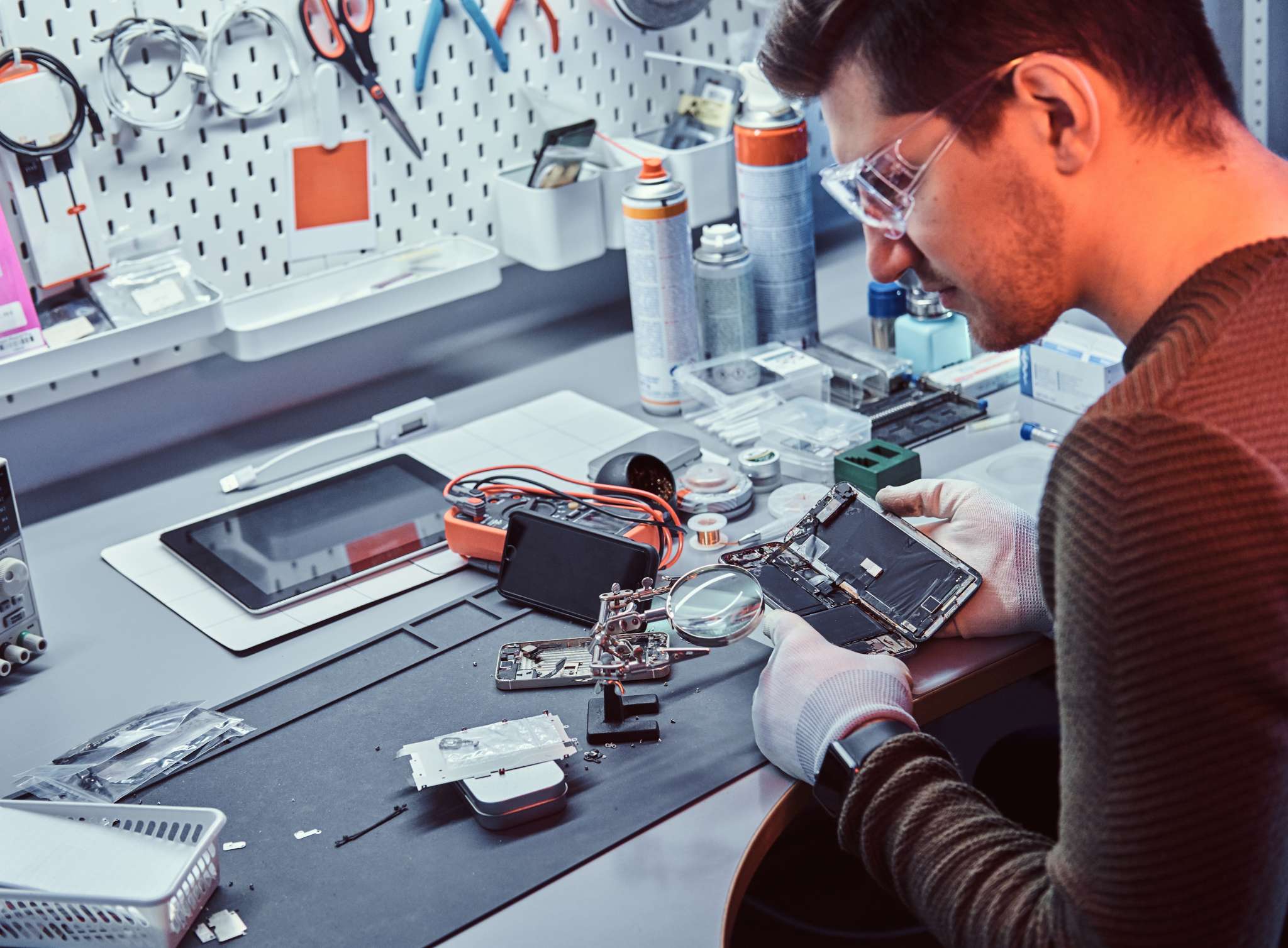Privacy Statement
ELEX law guarantees the privacy of the users. It only processes your personal data for the purposes set out below and does not disclose them for commercial purposes.
Personal data is processed in accordance with the provisions of the EU Data Protection Act and the ELEX Law security and confidentiality rules for information technology.
Who is responsible for the personal data?
ELEX Law is the data controller and the person in charge of the processing of personal data. Only authorized personnel of ELEX Law will have access to the personal data.
What information does ELEX Law obtain through this site and for what purpose?
Cookies
Cookies are small files that a website's server sends to the user's browser. The server identifies the user's browser each time the user visits that website. Cookies allow us to record users' preferences, improve their experience and track usage trends in an aggregate manner.
Functional Cookies
These cookies help us improve the usability and performance of this site by remembering user decisions and customizations made during visits, such as language preferences.
Performance Cookies
These cookies collect information about the use of our website and help us, for example, to know the interests of our users and measure the effectiveness of our communication. In this way we can adapt the content of our website to the specific needs of users and therefore improve our service, for example by making it easier for them to find what they are looking for. This category includes the social media and Google services cookies embedded in our site.
For example, we use Google Analytics to obtain statistics on the use of our website. The data is sent to Google servers (which may be located outside the EU) and used to provide ELEX Law with aggregate statistics about the number and length of visits, usage patterns, traffic patterns, user demographics and searches conducted on this site.
We can also perform A/B testing with Google Optimize.
We collect this data to track the number of visitors to the different sections of the site, manage visitor traffic and improve functionality and usability. We do not identify each visitor individually and receive anonymous aggregated data.
Google has its own privacy policy and certifies that it complies with the "EU-US Privacy Shield" framework developed by the U.S. Department of Commerce in consultation with the European Commission to meet European standards for the protection of personal data.
Google Analytics
Google Privacy Policy
Privacy Shield Certification
Other third party cookies
Our website includes certain third-party features that require the use of cookies. For example, when a video player or social media content is integrated into a page, they may set their own cookies. These features will be disabled if you do not accept the use of cookies.
Registration information
Servers automatically record information that your browser sends when you visit a website. These server logs may include information such as the date and time of the visit, the Internet Protocol address, the browser type, language and screen size, and one or more cookies that identify the browser. These records are stored for up to ten months and then deleted. ELEX Law only uses the data obtained to compile aggregate statistics on the use of this site and for maintenance and security purposes.
Personal information transmitted through the site or by e-mail
Consent will be required for the collection of additional personal data, such as e-mail address in case they wish to subscribe to a mailing list. More information about the personal data we collect is provided on the relevant pages.
Legal basis for the processing of personal data
ELEX Law obtains and processes personal data with the consent of the interested parties, who may revoke it at any time. If you decide to revoke your consent, your personal data will no longer be processed, although the processing carried out until then will remain valid.
Rights of the interested parties
Data subjects have the right to access and rectify their personal data, restrict its processing and, under certain conditions, request its deletion.
To exercise these rights, interested parties should contact elex@elexlaw.com.


